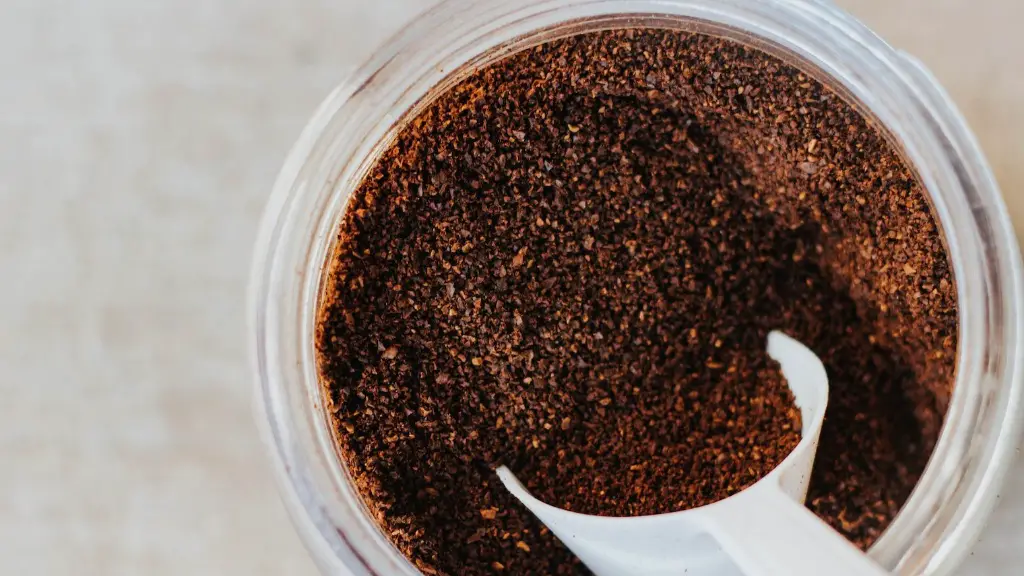Is it bad to drink too much decaf coffee?
In the world of coffee, decaf is often seen as an outlier, neither truly coffee nor truly tea. It occupies the middle ground between wanting the taste of coffee and not wanting the caffeine. Despite its in-between status, decaf is still coffee and consumed in great amounts daily by coffee lovers.
Amongst these lovers are people who prefer to drink decaf over its caffeinated counterpart, either because of health concerns or preference. But is there a danger of drinking too much decaf coffee? Is it ultimately as bad for us as drinking caffeinated coffee in high amounts?
The answer is complicated, as with everything related to health. There are benefits to drinking decaf coffee, such as the prevention of certain types of cancer, better sleep and an overall lower risk of type 2 diabetes. These benefits, however, depend on the coffee being filtered and without any added sugar, milk or cream. Decaf coffee that is coffee-flavored sugar can be just as unhealthy as caffeinated coffee with the same additives.
Caffeine, however, is not the only risk factor associated with coffee. There is also the risk of consuming high levels of diterpenes, which are compounds found in coffee beans. Diterpenes are known to raise cholesterol levels and could be one of the main reasons why people who drink too much coffee can have higher rates of stroke and coronary heart disease. While decaf coffee does not have caffeine, it does still contain diterpenes and therefore poses some risk in large amounts.
The risk of drinking too much decaf coffee is further complicated by the fact that it can act as a diuretic, depleting the body’s fluids and electrolyte stores. This can lead to dehydration and certain health problems, such as headaches and fatigue. Too much decaf coffee can also lead to increased stress levels, raised blood pressure and an increased risk of heart disease, all of which should be avoided.
That said, there are still many health benefits associated with drinking decaf coffee, so long as it is consumed in moderation and without added sugar. Research has shown that drinking two to three cups of decaf per day can have a positive effect on the body, reducing the risk of certain types of cancer and helping to reduce cholesterol levels.
The key, then, is moderation. Drinking too much of any type of coffee is likely to be bad for the body, and this includes decaf coffee. But when enjoyed in moderation and without unhealthy additives, decaf coffee can still be a great part of one’s diet and health and lifestyle.
Effects on Sleep Quality
Although it does not have as much caffeine as regular coffee, it is true that decaf coffee can still reduce the quality of your sleep. This is because caffeine is a stimulant and can interfere with your sleep cycle. Even decaffeinated coffee contains small amounts of caffeine that can affect your sleep. If you are particularly sensitive to caffeine, it is best to avoid drinking decaf coffee close to bedtime.
The effect of drinking decaf coffee can vary greatly depending on the individual, so it is important to take note of how your body reacts. If you find that drinking decaf is having a negative effect on your sleep quality, it is best to avoid it or significantly reduce your intake.
It is also important to take into account other factors about your lifestyle and diet that can be contributing to poor sleep, such as your exercise habits, diet, and stress levels. Making dietary changes and adjusting other lifestyle habits can often have a bigger impact on your sleep quality than reducing caffeine consumption.
Are there safer alternatives to decaf?
For those who still want the taste of coffee without the effects of caffeine, there are a few other alternatives to decaffeinated coffee. The most popular of these is herbal tea, which is caffeine-free and often comes in a variety of flavors. There are also some specialty drinks, such as chai and mate, which are naturally low in caffeine. Lastly, there are some coffee replacements, such as dandelion root coffee and chicory root coffee, which are both caffeine-free.
These alternatives are all naturally caffeine-free and can be enjoyed in place of decaf coffee. They can also be a great way to enjoy the taste of coffee without the unwanted effects of caffeine.
Are there any long-term health benefits to drinking decaf?
The long-term health benefits of drinking decaf coffee are still under debate, but there is some evidence that it may have a positive effect on health. One study of over 20,000 participants found that those who drank moderate amounts of decaf coffee had a lower risk of type 2 diabetes than those who did not drink any coffee. The study also found that decaf coffee drinkers had lower levels of LDL (bad) cholesterol and slightly higher levels of HDL (good) cholesterol.
A further study found that drinking decaf coffee was linked to a reduced risk of stroke and coronary heart disease, although the results were only seen after 15 to 20 years of continuous consumption. It is important to note that these positive effects are only seen in individuals who drink decaf coffee without added sugar or cream.
Overall, the evidence does suggest that there may be some health benefits to drinking moderate amounts of decaf coffee. However, more research is needed to properly assess the long-term effects.
Are There Any Other Benefits To Drinking Decaf?
In addition to potential health benefits, there are other benefits associated with drinking decaf coffee. For example, drinking decaf coffee can make it easier to keep track of your overall caffeine intake, as it does not contain any caffeine. This can be helpful for people who are trying to limit their caffeine intake for health or lifestyle reasons.
Decaf coffee can also be a great choice for people who want the taste of coffee without any of the risks associated with consuming caffeine. It is a great option for those who want to reduce their overall caffeine intake but do not want to miss out on the taste of coffee.
Finally, decaf coffee also has a more subdued flavor than regular coffee, so it can be a great choice for those who prefer milder coffee flavors. It can also be a great way to enjoy the taste of coffee without the high levels of acidity that can be associated with regular coffee.
Final Thoughts
Decaf coffee can be a great choice for those who want to enjoy the taste of coffee without the risks associated with high levels of caffeine consumption. While there are some potential risks associated with drinking too much decaf, such as dehydration and an increased risk of certain diseases, drinking it moderately can still provide health benefits.
In addition, decaf coffee can be a great option for those who want to reduce their overall caffeine consumption, as well as those who prefer milder coffee flavors. Ultimately, it is important to remember that moderation is key when it comes to any type of coffee, and decaf coffee is no exception.





